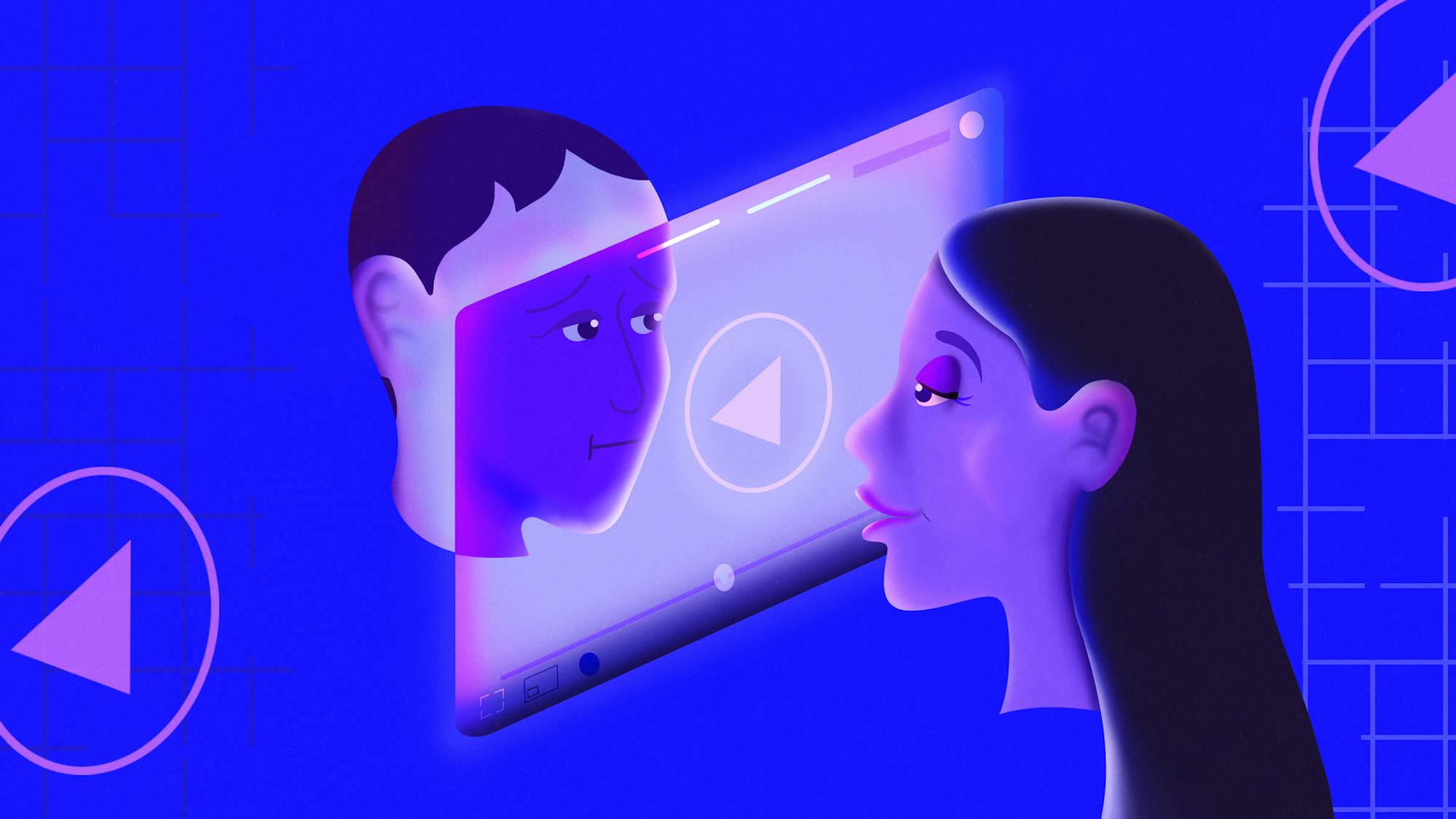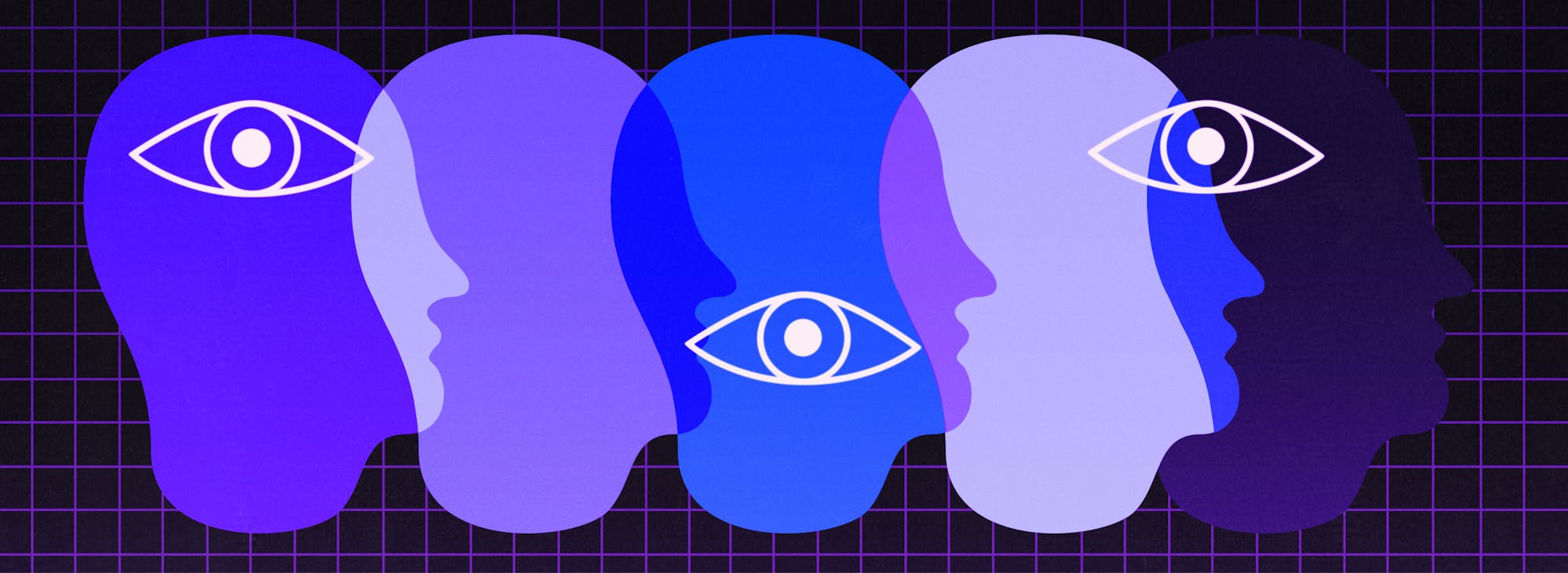said they identify as neutral on the spectrum of masculinity and femininity.
More so than older respondents (1 in 2), Gen Z respondents predicted that in the next 10 years, one's job will become increasingly important for expressing one’s personal identity. Meanwhile, 4 in 10 said that ethnicity and gender will become less important.

Katherine Pach
22, Ohio



said they identify as something other than heterosexual.
(Privacy & Identity, US + UK, VICE Voices 2018)
Overall, answers from our Gen Z respondents made clear that freedom of identity expression is critical. By 2030, they said they believe the top five ways we’ll protect identity expression in the U.S. will be:
1. better diversity and inclusion in schools
2. stricter workplace policies on discrimination
3. stricter government policies on discrimination
4. better workplace training
5. policies for the economic advancement of marginialized communities

Today, young people are known for identifying with increasingly specific terms, specifically when it comes to gender and sexuality. For our Gen Z respondents, however, identity labels appear to be a double-edged sword.
said that identity labels increase empathy for others.
At the same time, 55% said that identity labels do not help them define who they truly are.
Eleni Retta
18, Virginia

said that identity labels create unnecessary barriers in conversation.
But, apparently, that’s not because they don’t understand them. 54% disagreed with the idea that, because there are so many of them, identity labels cause more confusion than clarity in conversation. In fact, it may be because there aren’t enough: 67% of Gen Z respondents said they believe that identity labels are too limiting.

For Many Young Trans People, YouTube is a Mentor
Full article on vice.com
felt strongly that people should be able to use any identity label with which they feel comfortable, compared to only 52% of Millennial and just 36% of Gen X respondents.
Jason Mai
24, California
Digital Identity
The vast majority of Gen Z respondents agreed with older respondents in that they are their most authentic selves in front of their close friends. But they were also much more likely (1 in 3) to say that their online identity is their most authentic self, compared to Millennial (1 in 5) and Gen X respondents (1 in 10).


Overall, Gen Z respondents showed a strong belief in the right to be yourself.
96% said they believe that anyone should be able to love whoever they want.
94% said they believe that everyone, regardless of race, gender, religion, and age, should have equal job opportunities.
(Modern Families & Future of Work, US + UK, VICE Voices 2018)
When asked how we should approach issues of discrimination, the overwhelming answer from Gen Z respondents was: mandated education.
By 2030...

